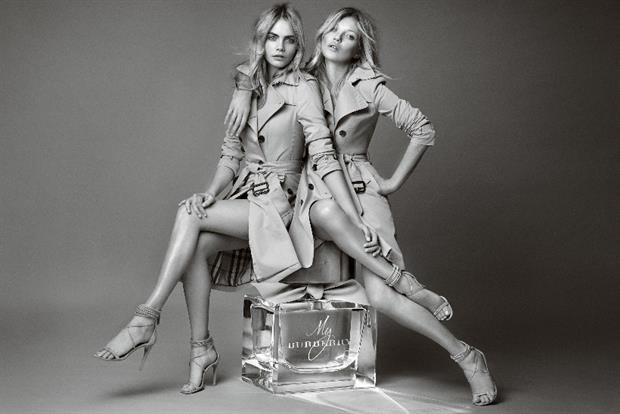 UK supermarkets are locked in an intense competitive battle that often focuses on price. According to Statista, Tesco maintains its market-share leadership with 28% of the UK market for groceries, followed by Asda, Sainsbury and Morrisons (12 weeks as of March 1, 2015). Aldi and Lidl are increasing their share as well, making the UK a highly competitive marketplace for all in the grocery industry.
UK supermarkets are locked in an intense competitive battle that often focuses on price. According to Statista, Tesco maintains its market-share leadership with 28% of the UK market for groceries, followed by Asda, Sainsbury and Morrisons (12 weeks as of March 1, 2015). Aldi and Lidl are increasing their share as well, making the UK a highly competitive marketplace for all in the grocery industry. Morrisons has just made a change in its marketing plan: It will replace many self-service tills for express checkout of small orders with tills operated by staff members. The change in strategy is due to negative customer feedback about using self-serve for a few items. Surveys show that customers enjoy conversing with staff and they want speedy checkout when shopping for only a few items.
The CEO says: 'These checkouts - and our very helpful staff - will offer a quick and personal service, helping to keep queues low and improving thousands of shopping trips'.
Price wars are still the most visible element in UK grocery retailing, but convenience and personalised service are also important to customers. Now Morrisons (and its rivals) will watch customer behaviour to see reaction.










